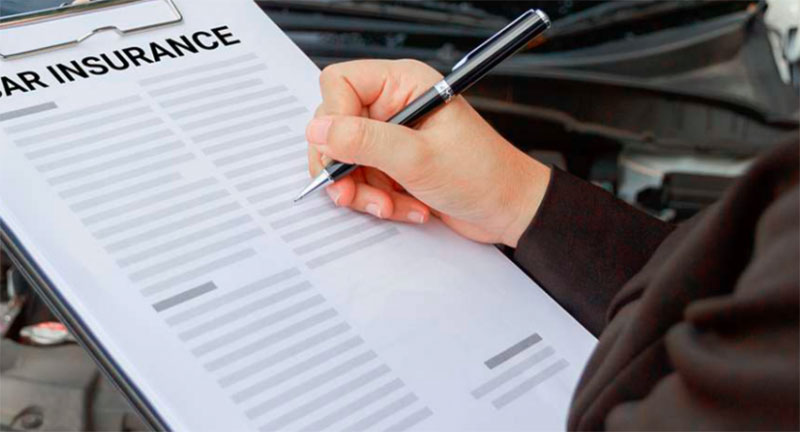After an accident, your car may be termed "totaled" if the estimated cost of repairs exceeds the car's market worth. For example, if the insurance company determines that the damage is too great for safe repair or if it satisfies other state-mandated criteria. If the cost to repair your vehicle after an accident is more than the automobile is worth, your insurance company may consider it a total loss.
If the car fits the state's requirements, it may also be considered a total loss. A totaled car should be covered by the at-fault driver's property damage liability insurance. If you have acquired the optional collision coverage, your auto insurance will pay for damages regardless of who was at fault.
If you have a loan or a lease and an insurance company pays you a certain amount, you may be accountable for the remaining balance.
The Meaning of "Total Loss"

A few conditions must be met before an insurance company can consider a vehicle a total loss. Vehicle repair estimates exceed their current market worth. State Farm claims it calculates actual cash worth by considering the "year, make, model, miles, overall condition, and key options—less your deductible and applicable state taxes and fees.
It has been determined by the insurance company that the vehicle cannot be repaired to a safe driving condition.
When a vehicle is considered totaled is often determined by state insurance regulations. To evaluate whether or not an automobile should be declared a total loss, both state insurance laws and insurance companies use calculations.
Some states have a "total loss threshold," where the car is declared a total loss if the repairs cost more than a specified percentage of its worth. The minimum in New York, for instance, is 75%. For insurance reasons, a vehicle is considered a total loss if its repair costs and any salvage value equal more than 75% of the vehicle's real cash.
Instructions for Reporting a Complete Loss on an Insurance Claim

You can make a claim against the at-fault driver's insurance carrier if you suffered a total loss of your vehicle in an accident. Your insurance carrier will likely assist you in filing a claim. A minimum amount of property damage liability coverage is mandated for drivers in all states (excluding New Hampshire). (Drivers without insurance in New Hampshire must be able to show they have the money to pay for any damages they may cause, per the state's financial responsibility legislation.
The minimum property damage liability insurance required of drivers varies from state to state but is often between $10,000 and $25,000. Purchasing additional liability insurance above and beyond what the state mandates are possible. If you were responsible for the accident or there were no other vehicles involved, you will need to make a claim with your own insurance provider. To do so, your policy must include either collision coverage or comprehensive coverage.
In the event of a collision with another vehicle or an immovable object like a tree or guardrail, collision insurance will pay for repairs. If you have comprehensive coverage, you are protected from things like fire, wind, water, vandalism, falling objects, and collisions.
The Conclusion of the Insurance Company
The insurance company will send a claims adjuster to evaluate the damage to your vehicle and determine if it is a total loss, regardless of who was to blame in the accident. Your insurance company is the first place to turn if you don't agree with the adjuster's evaluation. If you and your insurer need help making an arrangement, contact the consumer services division of your state's insurance department. If it doesn't help and the stakes are high financially, you may want to hire a private attorney or public adjuster to advocate on your behalf.
It's possible that if you have a car loan or lease and your vehicle is totaled, the insurance payout will be less than the amount still owed on your loan or lease. However, you still need to make payments on the lease or loan.
What kind of damage does a damaged car do to my credit? Even if the collision was your fault and the car was totaled, it will not harm your credit score. How much debt you're carrying, how long you've had credit, and how reliably you've made payments are all factors in determining your credit score. Remember that your credit score will certainly take a hit if you don't pay your auto loan for any reason, even if it is related to a totaled car.

What exactly is a “Rio Trade”?

What Is the U.S. Dollar Index (USDX) and How to Trade It

The Enterprise Ethereum Alliance: What It Is, What You Can Do

What Is A Planner For Retirement?

What Amount of Debt Is Reasonably Amount?

What Age Is Best To Retire At, and Why

What is Timberland Investment

Unsure if you should get a fixed or variable rate loan? Our article can help you make the decision that's right for you

What is an Information Coefficient (IC)

What are the Steel Stocks

The Best of Both Worlds: The Ultimate Guide to Certified Fund Specialists (CFS)
